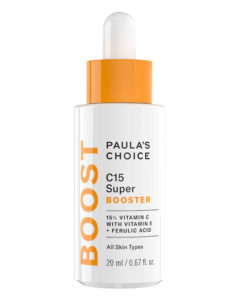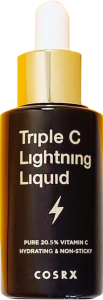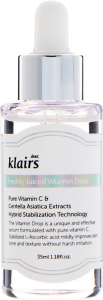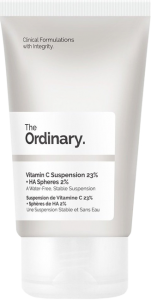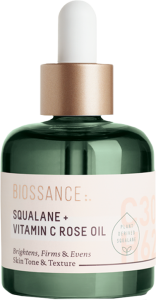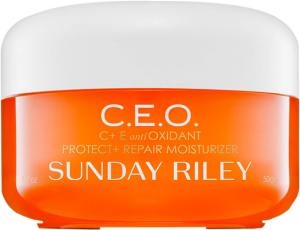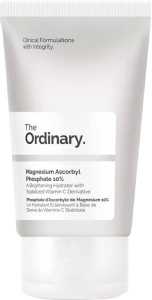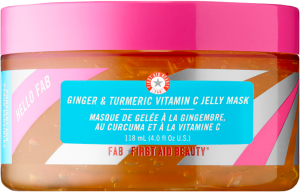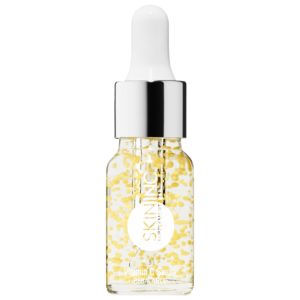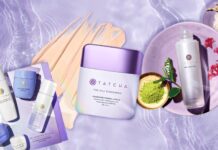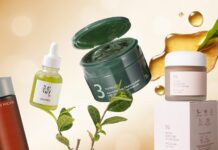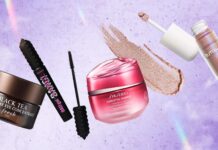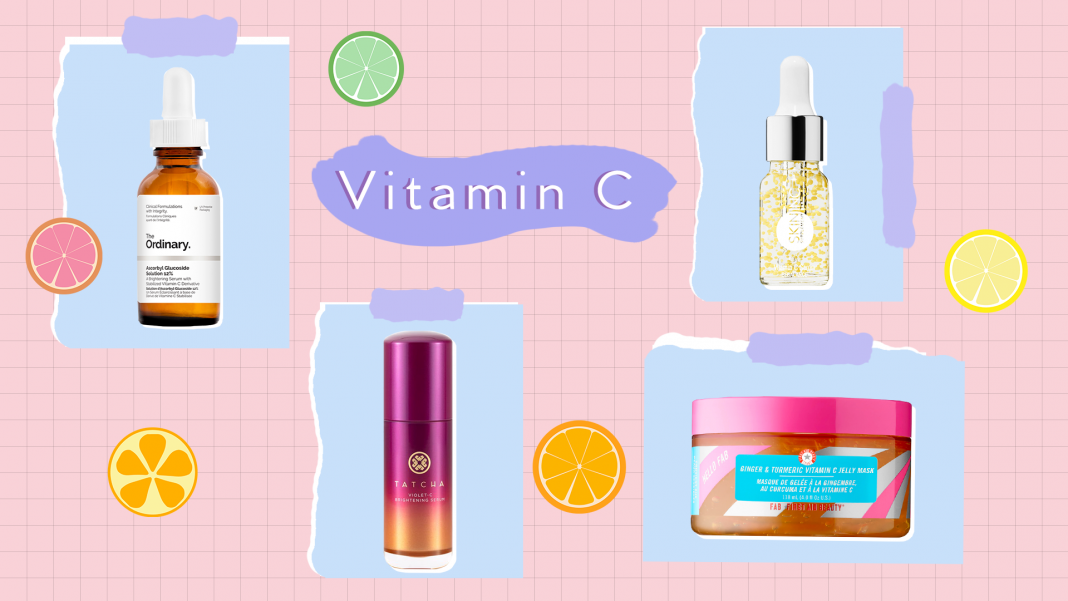
Vitamin C is one of those cult favorite ingredients that’s easily found in many skincare products. But did you know that out of the three vitamins: A, B3, and C, Vitamin C is the most unstable ingredient? If Vitamin A is your mature friend and vitamin B3 is the friend that gets along with everyone, then vitamin C can be that one friend who is super sensitive and picky at many things.
But that’s not to say that you should avoid this ingredient entirely! Despite its unstable nature, Vitamin C, when used properly, can provide many benefits to the skin!
What is Vitamin C?
When we think of Vitamin C, we most often think of citrus fruits such as oranges, lemons, and grapefruits. But if you’re a skincare junkie, you might know that this ingredient is present in many skincare products as well. But did you know that there’s so many types of vitamin C out there?
Let’s start with the main form: Ascorbic acid.
Ascorbic acid or L-Ascorbic acid are considered as the purest forms of vitamin C. It’s a naturally occurring nutrient in our bodies that helps repair the body and restore tissue. It also helps our body produce protein and fight off colds when we feel under the weather. The only thing about vitamin C is that we cannot store it in our bodies and therefore, gain it through our diets.
So on top of citrus fruits, you can also gain vitamin C by eating spinach, yellow peppers, strawberries, brussels sprouts, black currants, kiwi, and guava. However, when you apply vitamin C topically onto your skin, things start to become interesting.
How does Vitamin C work for our skin?
Generally, vitamin C helps brighten skin tone, even out skin texture, and smooth out fine lines and wrinkles. It’s also known as the MVP of protecting the skin against free radicals and UV ray damage from the sun because of its high levels of antioxidants. When you look closely in the deeper layers of the skin, vitamin C is responsible for stimulating production of collagen and elastin, which are essential in keeping your skin bouncy, firm, and youthful.
Unfortunately, with many benefits comes some disadvantages.
In some cases, pure ascorbic acid is irritating to work with, especially for sensitive skin types. In other cases, ascorbic acid itself is an unstable ingredient. This means that it is highly sensitive to environmental factors such as temperature, light, humidity, and air. This sensitivity eventually translates to loss in efficacy over time and a potential to go bad in a short period of time.
But this doesn’t mean that you should turn away from it right away! There is a lot of scientific evidence that shows vitamin C being an effective ingredient for helping the skin.
Since Ascorbic acid and L-ascorbic acid can be very unstable and potent, it can be quite irritating to some people, especially if you have sensitive skin. Luckily, there are many products formulated using Vitamin C derivatives. But to sum it up, the derivatives are very stable and can provide similar effects as ascorbic acid: from brightening the skin to delivering antioxidants for protecting the skin against the sun.
Some of the common derivative ingredients include tetrahexyldecyl ascorbate (THD), magnesium ascorbyl phosphate (MAP), and ascorbyl glucoside. There’s also derivatives like bis-glyceryl ascorbate and 3-O ethyl ascorbic acid that may also appear as an ingredient in your skincare products.
How do I use products containing them?
Just like AHAs, you’re going to want to start from the lowest concentration and work your way upwards. Especially if you’re planning to use ascorbic acid, it’s important to take your time to help your skin adjust since it can bring reactions like irritation and stinging to the skin. It’s also perfectly fine to start off using a product containing a derivative since it’s more stable and has a longer shelf-life than those containing the purest forms.
But if you choose to try using a product with ascorbic acid, you can consider purchasing one with a high percentage (around 20%) and combine a small amount to your moisturizer before applying to your skin. This not only dilutes the ascorbic acid to lower the chances of inflammation or irritation on the skin, but it is also cost efficient so you arere investing in one product instead of many products with differing percentages.
Tips!
Contrary to popular belief, you can use Vitamin C during the day and the night. When you pair this ingredient with a sunscreen, this combination can strengthen the sunscreen’s effects in protecting your skin against UV damage. When using vitamin C during the night, you’re allowing it to help the skin recover and reverse damage of your skin from the day’s work.
Vitamin C also works well when combined with niacinamide (surprise, it’s totally safe!), vitamin E, and ferulic acid. And if you didn’t know what Ferulic acid is, it’s a plant based antioxidant that considers vitamin C as its BFF. Ferulic acid works extremely well as a pair and helps deliver more antioxidants while speeding up Vitamin C’s effects to the skin.
Ascorbic Acid Product Recommendations
Vitamin C Derivatives
Tetra HexylDecyl Ascorbate (THD)
Magnesium Ascorbyl Phosphate (MAP)
Ascorbyl Glucoside
Bis-Glyceryl Ascorbate

Tatcha Violet-C Brightening Serum
3-O Ethyl Ascorbic Acid
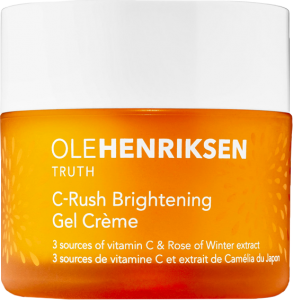
Ole Henriksen C-Rush Brightening Gel Creme
For more detailed information on L-Ascorbic Acid & its derivatives, check out the full video:
Head over to more information and product recommendations:

